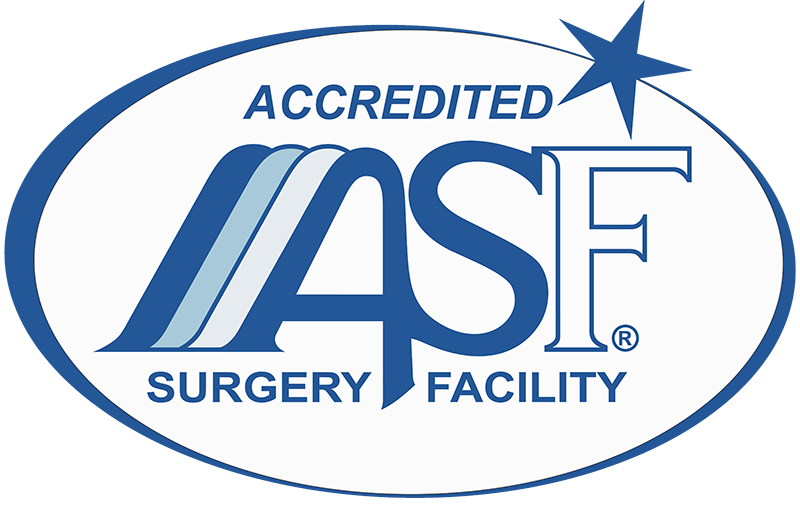Computed Tomography Angiography (CTA) and Magnetic Angiography (MRA) Tests
CTA and MRA tests are non-invasive advanced imaging studies that provide detailed information about the blood vessels within our bodies and their anatomic relationships with other organs. Using modern computerized image processing techniques, your vascular surgeon will view vascular disease three-dimensionally aiding in the assessment and treatment of the disease.
Risks
Possible concerns with CTA: allergic reaction to the IV contrast agent, kidney disease or failure, pregnancy
MRA can not be performed or may yield poor results in prescence of ceratin devices e.g. pacemaker or AICD device, stimulators (e.g., for the spine) and infusion pumps.
Gadolinium (contrast used in MRA), when used, may be associated with allergic reaction to the IV contrast agent, kidney disease or failure, pregnancy
Please discuss with your Physician which test is right for you!
Description
The examination for each requires special equipment and these tests are typically performed in a hospital or outpatient radiology center. The tests require you to lay down on a specialized bed which is surrounded by a circular scanner with detectors.
CTA (and sometimes MRA) require injection of contrast (IV dye) for better visualization of blood vessels.
All CTAs require the use of an IV contrast agent, but not all MRAs do.
CTAs require just a few minutes to complete; MRAs may require 20-50 minutes.
CTAs involve exposure to radiation while MRAs do not.
Quit Smoking. Eat Healthy. Exercise.
Complete the math problem above to prove you are human.


